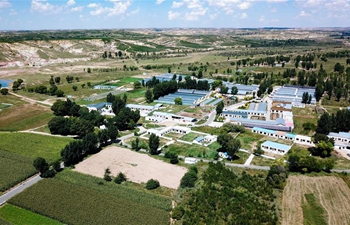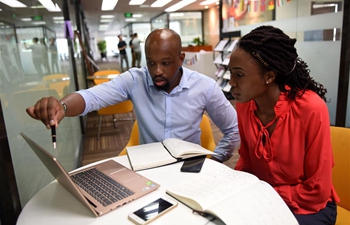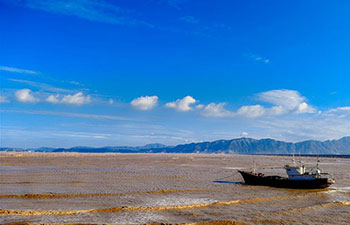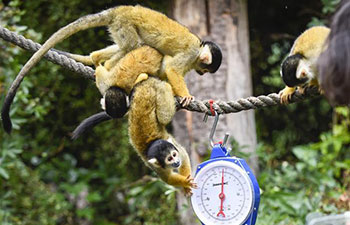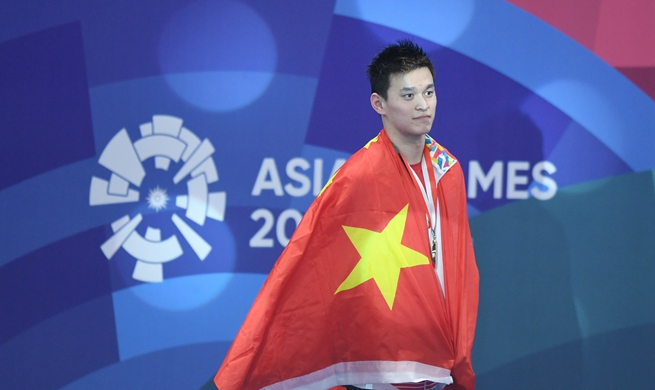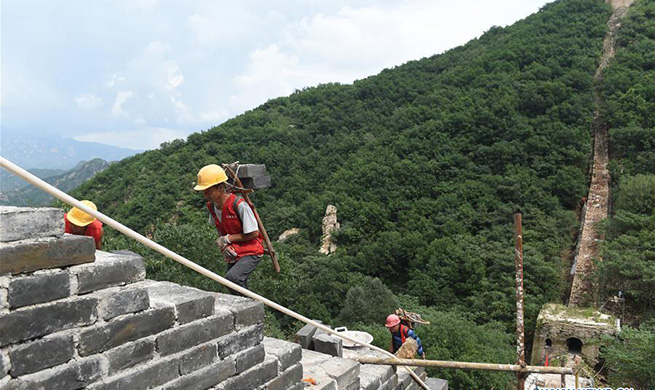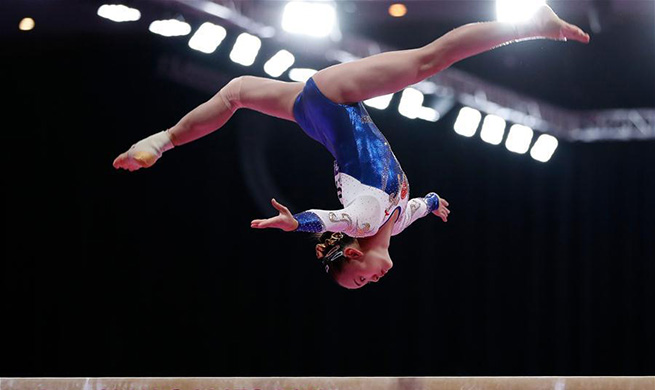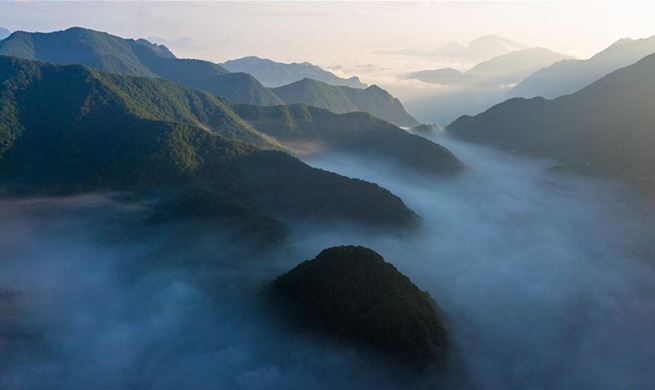MOSCOW, Aug. 24 (Xinhua) -- Moscow and Ankara are set to eliminate barriers remaining from the period of soured relations caused by Turkey downing a Russian fighter jet in 2015, Russian Foreign Minister Sergei Lavrov said Friday.
"Russia treats Turkey as one of (its) key trade and economic partners," Lavrov said at a joint press conference after talks with his Turkish counterpart Mevlut Cavusoglu in Moscow.
"We witnessed a stable rise in trade turnover, which increased by more than 40 percent last year and exceeded 22 billion U.S. dollars," he said.
Lavrov said Russia and Turkey are implementing joint energy projects, including the Turkish Stream gas pipeline, "which has a strategic importance for our countries and the energy security in Europe in general."
The Turkish Stream project, initiated in 2014, intends to deliver Russian natural gas to Turkey and Europe through the Black Sea. The project was suspended amid escalated tensions caused by the downing of the jet but the construction resumed in 2017.
Russia has also started building the first reactor of Turkey's first Akkuyu nuclear power plant, a project worth around 20 billion dollars, which was also suspended in 2015.
Lavrov stressed the need to increase practical interaction in other sectors, including tourism, the automotive industry, agriculture, banking, military and technical cooperation.
Last year, 4.7 million Russian tourists visited Turkey. The number is likely to exceed 5 million this year, according to him.
Russia and Turkey agreed to launch a year of culture and tourism in both countries in 2019, which will make a "significant contribution to strengthening our humanitarian cooperation," Lavrov said.
Both countries have also agreed to simplify mutual visa regime for certain categories of people, in particular for holders of service and special passports.
Russia imposed a number of restrictions on Turkey and froze bilateral projects after Turkey shot down a Russian Su-24M fighter bomber on Nov. 24, 2015, but bilateral relations gradually recovered after Turkish President Recep Tayyip Erdogan apologized in June 2016.

